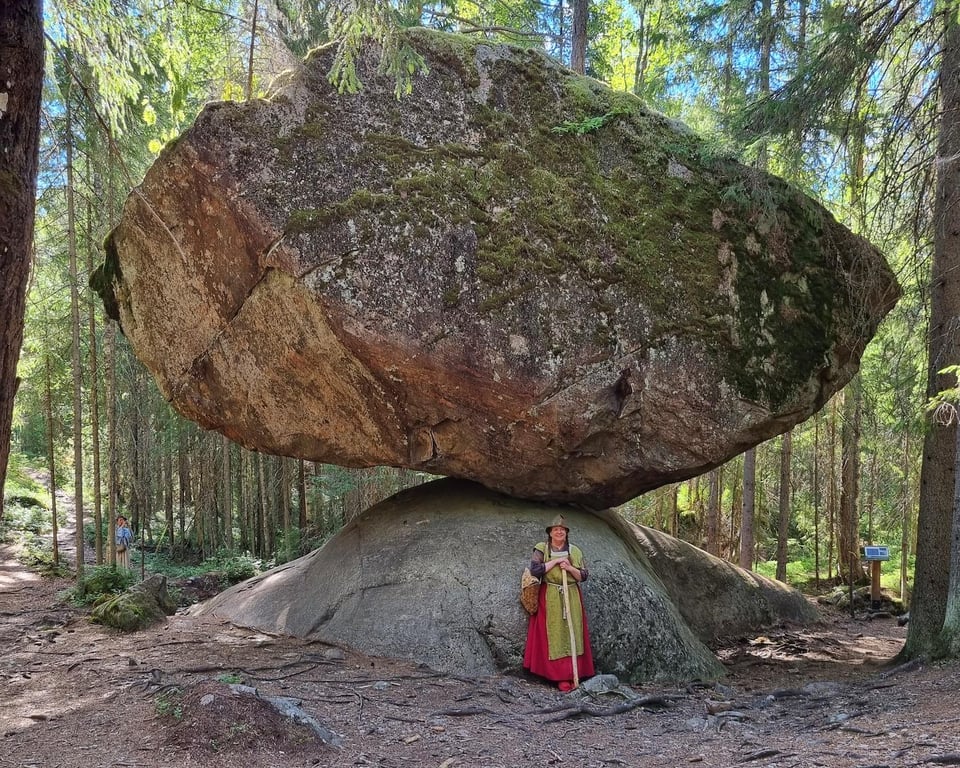this post was submitted on 27 Apr 2024
609 points (98.4% liked)
pics
20486 readers
52 users here now
Rules:
1.. Please mark original photos with [OC] in the title if you're the photographer
2..Pictures containing a politician from any country or planet are prohibited, this is a community voted on rule.
3.. Image must be a photograph, no AI or digital art.
4.. No NSFW/Cosplay/Spam/Trolling images.
5.. Be civil. No racism or bigotry.
Photo of the Week Rule(s):
1.. On Fridays, the most upvoted original, marked [OC], photo posted between Friday and Thursday will be the next week's banner and featured photo.
2.. The weekly photos will be saved for an end of the year run off.
Instance-wide rules always apply. https://mastodon.world/about
founded 2 years ago
MODERATORS
you are viewing a single comment's thread
view the rest of the comments
view the rest of the comments


When earthquake?
Finland is not close enough to the edges of tectonic plates, so if we get earthquakes here at all, they're barely noticeable.
..and caused by the sea bed rising after it was compressed because of the weight of the glacier during the ice age
Not being close to a plate does not necessarily mean only small quakes.
There were a series of what today would be absolutely devastating earthquakes in the Midwestern U.S., far from any tectonic plates, between 1811 and 1812.
https://en.wikipedia.org/wiki/1811%E2%80%931812_New_Madrid_earthquakes
Being in the middle of the large and relatively stable Eurasian plate does help, though. The Mediterranean region, being closer to the edge region, does experience quite a bit more, though, and some strong ones have historically been felt all the way up here, too.